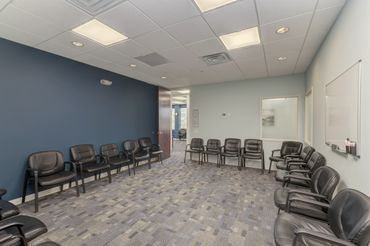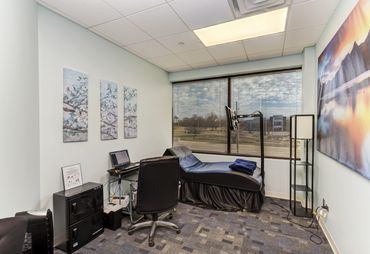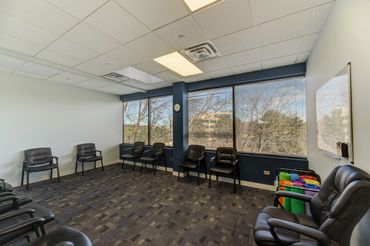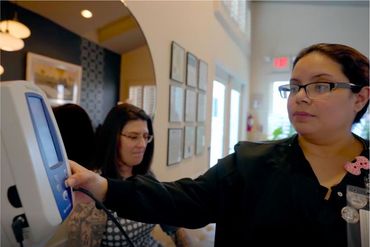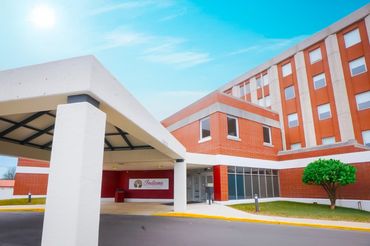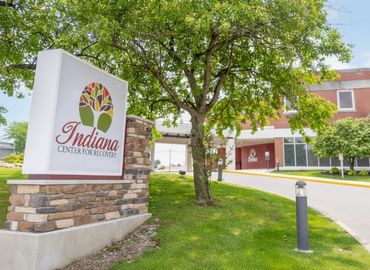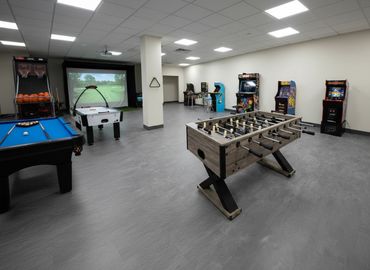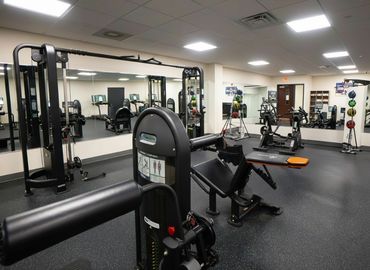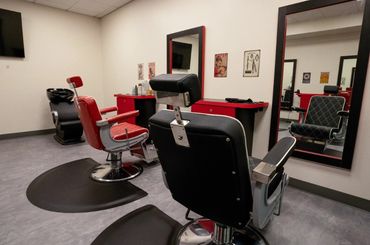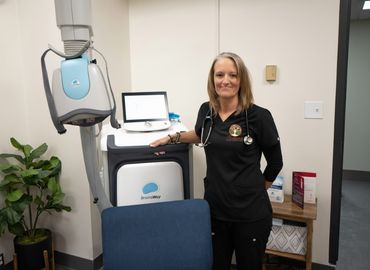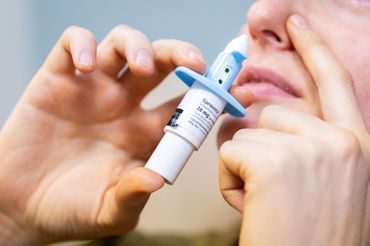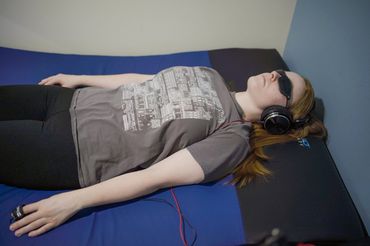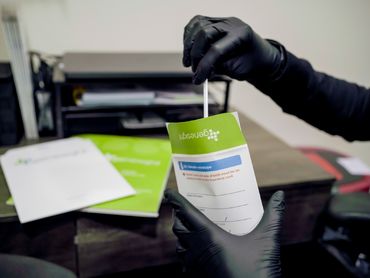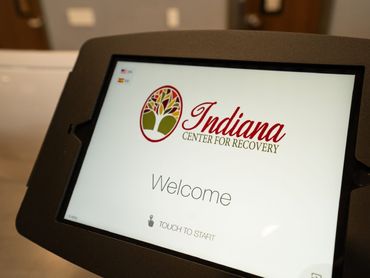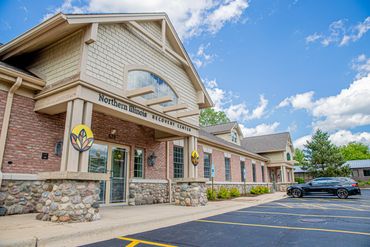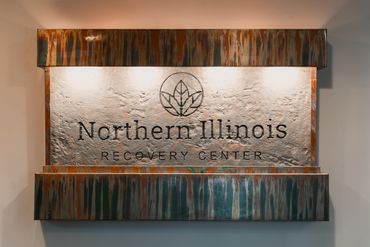
Drug & Alcohol Rehab Centers near Crystal Lake, IL
When it comes to finding treatment for substance use disorder in Crystal Lake, Illinois, taking that first step towards recovery is a commendable decision. However, it’s not just about recognizing the need for help; it’s also about understanding the available treatment and payment options that will pave the way for a successful journey to healing.
Treatment Centers near Crystal Lake, IL

Open to Travel? Check out Top-Rated Options
All Treatment Centers near Crystal Lake, IL
Are You Covered For Treatment?
- Chicago Rehabs
- Joliet Rehabs
- Peoria Rehabs
- Springfield Rehabs
- Waukegan Rehabs
- Elgin Rehabs
- Rockford Rehabs
- Aurora Rehabs
- Charleston Rehabs
- Arlington Heights Rehabs
Information About Rehab in Crystal Lake
Latest Reviews
Latest Reviews of Rehabs in Illinois
Specialized Assistance Services - Branden House
I have been in treatment several time with less than a positive outcome. My stay at Branden House has taken hold and I am almost 4 years sober since my stay there.
Knolls Center for Change
They tried to pick people's sponsors, it was a very dysfunctional place. The only thing that saved me was the AA meetings. The counselors were terrible.
Illinois Recovery Center
They taught me how to get sober and how to remain sober. 10/10 would recommend!!
Area Information
Crystal Lake, Illinois, is a picturesque city of approximately 40,000 residents1 located in McHenry County, offering a tranquil and scenic environment for its residents. Nestled amid natural beauty, including serene lakes and lush greenery, Crystal Lake provides a serene backdrop for its community. Situated within close proximity to the greater Chicago metropolitan area, it offers the perfect blend of a peaceful residential setting with easy access to urban amenities. The city’s prime location allows residents to enjoy the benefits of suburban life while still having the convenience of city services, making it an attractive place to call home.
Substance Misuse and Addiction in Crystal Lake, Illinois
Drug abuse and addiction pose a significant issue in Crystal Lake and the state of Illinois as a whole. Opioid overdoses increased by 33% from 2019 to 2020, resulting in 2,944 fatalities in 2020, surpassing motor vehicle accidents and homicides.2 In 2019, Illinois had an age-adjusted drug overdose mortality rate of 21.9 per 100,000 population, ranking 24th in the nation for drug overdose fatalities.2
Drug and Alcohol Rehab
Rehabilitation facilities offer various options and programs to treat addiction and aid individuals on their journey to recovery. These programs are tailored to meet the unique needs of each patient, recognizing that everyone’s path to recovery is different.
What Happens in Drug and Alcohol Rehab?
When entering a rehab program, there are multiple levels of care available to address various stages of addiction and recovery. These stages typically include detox, inpatient treatment, outpatient treatment, and aftercare, and they are adapted to an individual’s specific requirements and progress.
Detox Programs
At the outset of the recovery journey, detoxification programs come into play. These programs are conducted under the vigilant eye of medical professionals, ensuring a safe and comfortable transition into sobriety. For many individuals, withdrawal symptoms can be a significant barrier to quitting substance use, but detox programs provide medications and therapies to alleviate these symptoms, enabling patients to start their recovery journey on the right foot.
How Long Is Detox in Rehab?
The duration of detoxification can vary, typically spanning a period of 3 to 7 days. This timeline depends on multiple factors, including the specific substance involved, the individual’s overall health, and the severity of their addiction. The primary goal of detox is to stabilize the patient, ensuring their body is free from the substances, and they are physically and mentally prepared to proceed to the next stage of treatment.
Inpatient Drug and Alcohol Rehab
Inpatient drug rehab programs are renowned for their intensity and effectiveness. They offer an immersive therapeutic environment where patients receive comprehensive care and therapy, including group therapy, which helps individuals stay on the path to healing. These programs are typically offered in 30, 60, or 90-day durations, allowing flexibility to cater to varying levels of need. Inpatient drug and alcohol rehab programs are designed to address not only addiction but also any co-occurring disorders that may be complicating the recovery journey.
Outpatient Drug and Alcohol Rehab
Outpatient drug rehab programs provide individuals with tools for aftercare and relapse prevention, enabling them to maintain their daily lives while participating in treatment. These programs prioritize flexibility, recognizing that individuals often need to balance their recovery with work, family, and other responsibilities. Through outpatient treatment, patients learn valuable strategies to navigate the challenges of maintaining sobriety in their day-to-day lives.
How Much Does Rehab Cost?
Paying for rehab can be intimidating, but it should not deter anyone from seeking help. There are options to assist with treatment costs, such as:
- Payment Plans
- Government Grants and Scholarships
- Free Rehab
- State-Funded Rehab
Does Insurance Cover Drug and Alcohol Rehab?
Most insurance providers offer at least partial coverage for rehab costs. Exploring these options can significantly ease the financial aspect of treatment and ensure that individuals receive the care they need to embark on their journey to recovery. Widely accepted drug rehab insurances include:
Finding The Best Rehab Center
Crystal Lake, Illinois Drug and Alcohol Rehab Facilities
Whether you’re considering treatment in Illinois or exploring options elsewhere, our rehab locator tool empowers you to search for nearby facilities. While treatment in your home state can be appealing, it’s often recommended to consider facilities out of state to reduce distractions and fully immerse yourself in the healing process. This tool helps you find the best treatment facility, whether it’s in Illinois or another location more conducive to your recovery.
Sources
- United States Census Bureau. Crystal Lake, Illinois. July 1, 2022.
- Illinois department of Public Health. Opioids: Illinois’ Other Epidemic. 2023.




